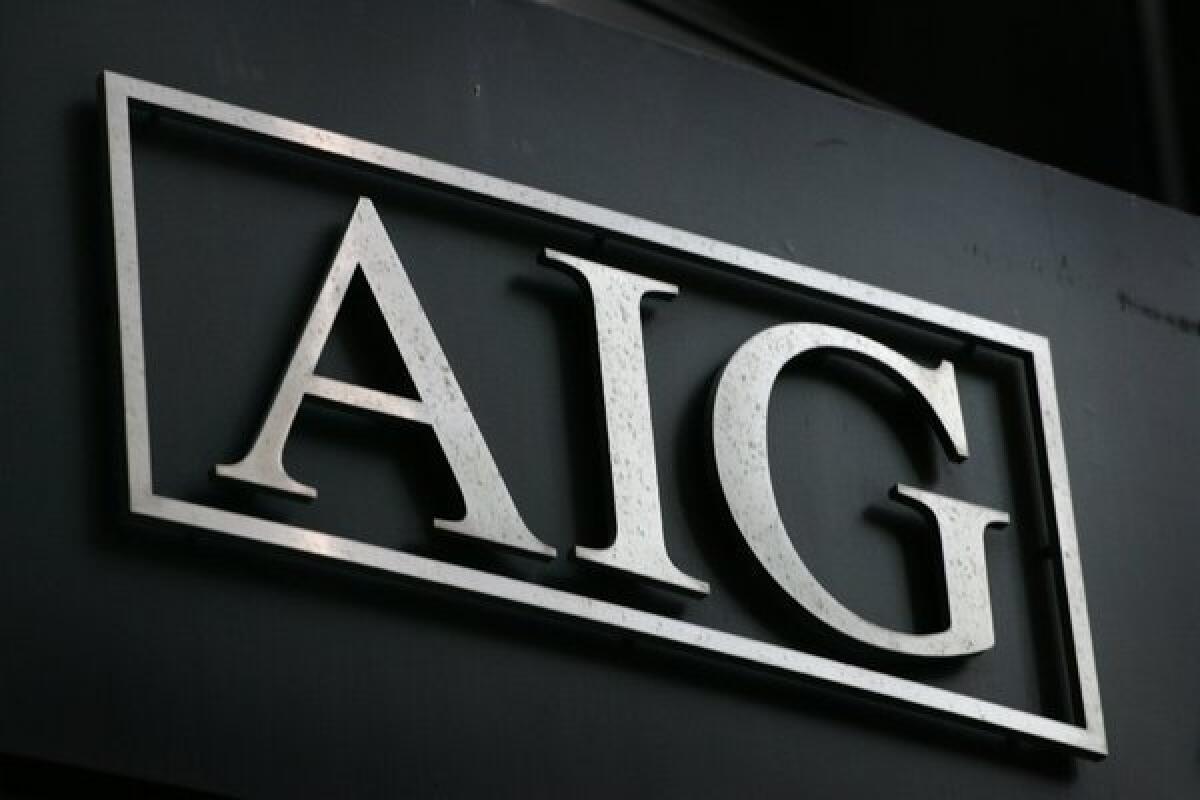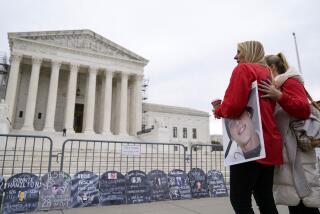AIG board decides not to sue U.S. government over bailout

WASHINGTON -- American International Group Inc., said Wednesday its board of directors decided not to sue the U.S. government over the bailout that rescued the company.
News that the insurance giant was considering joining a shareholder suit led by former Chief Executive Maurice “Hank” Greenberg provoked outrage and undermined AIG’s high-profile advertising campaign thanking America for the bailout.
The company’s board met Wednesday to listen to presentations about the federal suit by Greenberg’s Starr International Co., which alleges the U.S. government shortchanged AIG shareholders in a bailout that at one point had taxpayers on the hook for more than $182 billion.
Quiz: How well do you remember 2012?
AIG took about $125 billion of the money and the government received a 92% ownership stake in the company. Last month, the Treasury sold its last shares of AIG stock, formally ending the bailout with a $22.7 billion profit.
AIG said the board had a fiduciary responsibility to shareholders to consider joining the suit, a move that Starr had demanded. But the board quickly decided not to join the suit.
“In considering and ultimately refusing the demand before us, the board of directors properly and fully executed our fiduciary and legal obligations to AIG and its shareholders,” Robert S. “Steve” Miller, AIG’s chairman, said Wednesday.
“America invested in 62,000 AIG employees, and we kept our promise to rebuild this great company, repay every dollar America invested in us, and deliver a profit to those who put their trust in us,” he continued. “To date, AIG has returned $205 billion to America, including a profit of $22.7 billion. We continue to thank America for its support.”
ALSO:
AIG considers joining lawsuit against U.S. over bailouts
Sale of last AIG shares brings U.S. bailout profit to $22.7 billion
AIG might get special oversight as potential financial system risk
Follow Jim Puzzanghera on Twitter and Google+.
More to Read
Start your day right
Sign up for Essential California for news, features and recommendations from the L.A. Times and beyond in your inbox six days a week.
You may occasionally receive promotional content from the Los Angeles Times.







